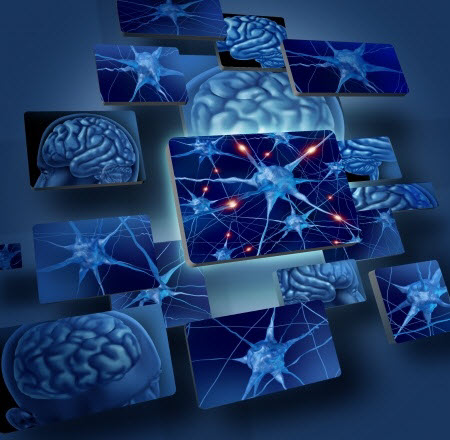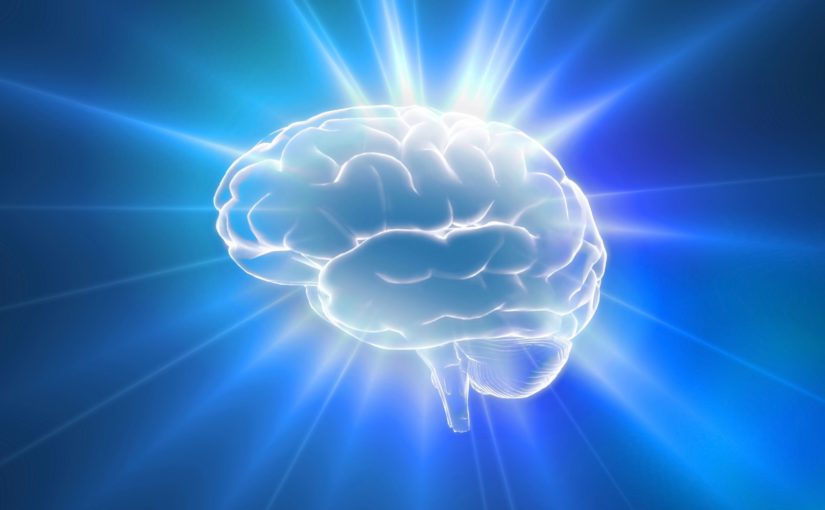
Why you should know about Brain Derived Neurotrophic Factor (BDNF)
Posted September 21st, 2021
According to a recent peer reviewed research paper in Frontiers in Cellular Neuroscience by Magdalena Miranda, “Brain Derived Neurotrophic Factor (BDNF) is a key molecule involved in plastic changes related to learning and memory”. In plain words, it is the fertilizer of new brain cells and very active in neurotransmission ~ it sends signals throughout the brain and nervous system.
The paper goes on to say, “The expression of BDNF is highly regulated and can lead to great variability in BDNF levels in healthy subjects. Changes in BDNF expression are associated with both normal and pathological aging and psychiatric disease, in particular structures important for memory processes such as the hippocampus and parahippocampal areas.” Again, in plain words, this molecule is a very important regulator of the aging brain. The hippocampus is the memory center of the brain ~ keep it active and you will have much less risk of cognitive decline and Alzheimer’s.
BDNF has been found to:
- Enhance neurogenesis- This is the growth of our own neural baby stem cells. As we age and neuroplasticity decreases we cannot learn as fast and have a harder time retaining knowledge. Watch the speed at which a baby or child learns. How’s yours?
- Effect neurotransmission- The faster your brain cells transmit messages, the smarter you are.
- Improve learning and memory- This molecule causes the learning centers of the brain to grow even as we age! The hippocampus and white and grey matter of the brain shrink without it.
- Decrease the risk of Alzheimer’s- Dr Bredesen is famous for the Re-code program in his bestselling book, The End of Alzheimer’s. In it, he states BDNF is one of the keys in preventing this feared disease.
- Possibly improve Neuropsychiatric Disease-by increasing endogenous serotonin (the joy hormone) and norepinephrine (the feel-good hormone).
So… how can you keep your own BDNF high? Dr. Bredesen recommends the following formula:
- A Keto-flex 12/3 diet (a specific type of intermittent fasting), high in nutrients and low on simple sugar.
- Exercise- The brain needs to know you are still alive and active. Exercise is not only good for your brain but also for your heart (and waistline for some of us).
- Eat foods high in antioxidants. Vitamins A, E, C and glutathione help the brain to clear toxic proteins, such as amyloid-beta and tau.
- Balance neurotrophic hormones such as Estrogen, Testosterone, DHEAS and Pregnenolone. Estrogen balance alone has been found to lower the risk of Alzheimer’s by 30%! No pharmaceutical, so far, has even come close.
With over 30 years of experience and numerous board certifications and credentials, Dr. Watts, MD, ND, MSNM is an expert in Bio-Identical Hormones and Neurotransmitter Balancing. As brain and body hormone balancing is both an art and science, it requires expertise in individualized therapy and ongoing dosing changes, based not only on a patient’s diagnostic lab values but also their symptoms. Due to the sensitive nature of hormone and transmitter balancing, it is imperative that you work in partnership with an experienced provider and program.
To learn more, we encourage you to visit the website at TheRenewalPoint.com, and/or call 941-926-4905.
References:
- Binder, D.K. and Scharfman, H.E.; Brain-derived Neurotrophic Factor; National Institutes of Health Public Access.
- Miranda, M. et al; Brain-Derived Neurotrophic Factor: A Key Molecule for Memory in the Healthy and the Pathological Brain; Frontiers in Cellular Neuroscience.




